20 slides are each projected for 20 seconds and spoken to for the same period, no more, no less. The script for one of these precision-based presentations is found below.
Season 1: PC#

Previously on Peachy Coochy I had developed the idea that it is possible to split off those parts of oneself that are at odds with the way one would most like to be or, at least, the way one would like to be seen. I was familiar, however, from my reading of psychoanalytical texts, with the dangers of such splitting.

There were two ways to go: the soft or the hard. I could soften myself to the point where the distasteful parts were embraced and absorbed, losing their harsh power and simply being accepted as part of the whole spectrum of qualities that were just very much me and who I simply very much am.

I knew that that which is split off will return. With an attitude. How could I forearm against, for example, the allure of objectless worlds of wistful intricacy that existed only to provide a haven for yearning that would be extinguished by the slightest contact with brute reality?

I thought that I would model myself on Julia Roberts’ lips. I arranged to meet Julia in the bar at Blake’s Hotel. I had a Stella and Julia had a half of Bombardier. After making small talk I asked her if I could take hold of her lips. Specifically, could I take her upper lip in one hand and her lower lip in the other hand?

Julia suggested that, since she hardly knew me, it would be better to discuss what I needed at another level. She said that, in fact, she had only got where she was today through a process of inner hardening. Her apparent softness was largely a matter of strategy – it was needed to counterpoint the apparent hardness of the male actors with whom she worked.

Walking back through the park I met a hippie. I recalled that back in the 60s the hippies were very tolerant. They said that you should dig yourself. I asked the hippie to elucidate. He said “Okay. It’s like there is all this shit moving in patterns. You have to disconnect from the patterns and let the shit flow by.”
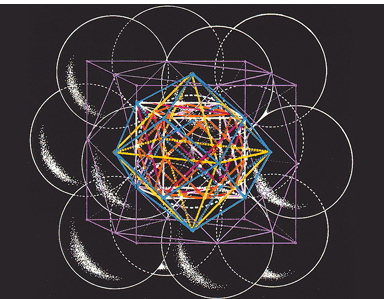
The hippie raised an interesting issue. He had described something that sounded straightforward yet had no basis in anything anyone could do about anything. How do you disconnect? What from? How long does it take? Can you reconnect if needs be? If, indeed, there are patterns, do they impinge in the least upon our lives?
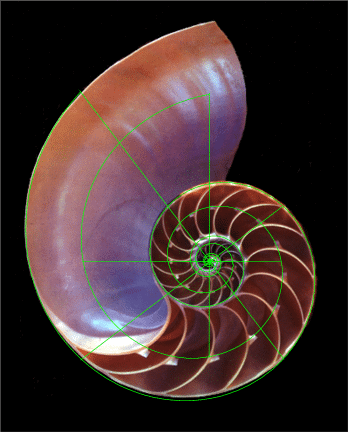
I concluded that while patterns can be found all over the place they had fuck all to do with our lives. Our lives appear to be shit storms in an unending typhoon of disorder. So what if a fucking shell has a spiral? So what if things come in fucking threes? What’s it to me if nature is ridddled with nice shapes? I’m fucking not.

Fuck Julia Roberts! Fuck hippies! Fuck this underlying shit! It’s underlying! It’s not fucking overlying! If it was fucking overlying we’d all be lying on deckchairs waiting for an enema from Princess Diana while listening to violins and sucking sweeties! Shit would never happen!

It wasn’t that it was abstract or philosophical, what the hippie said. It was that the world is full of people whose connection with meaning is based entirely on the desire for meaning. They see a pattern, they admire the pattern, they imagine they contain pattern, so they identify with the pattern they see.

The desire to dwell within pattern has been considerably intensified within the domain of consumer capitalism. Sufferers from obsessive compulsive disorder, in an attempt to suppress what they experience as intrusive and unsettling thoughts, will repeat ordinary actions, such as turning off the lights in their house, over and over again.

In so doing, they unwittingly enact the condition of the consumer who has been taught to feel incomplete unless they repeat an act of consumption. The consumer, however, becomes a beacon attracting further invasion whilst enjoying the sensation of shedding light on a predicament
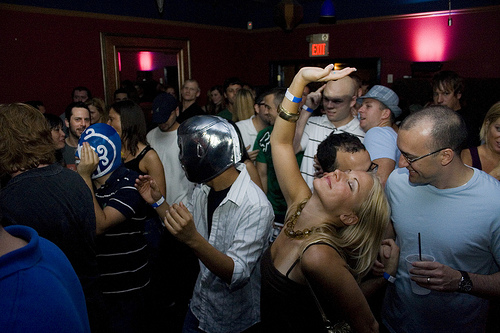
In this scenario pattern is everywhere to be seen and closure is achieved on a rhythmic basis. The consuming act will, it is suggested, fill the hole that you deserve to have filled but, like the Chinese meal of legend, has to be reinforced by many subsequent acts. In this respect consumption is an ecstatic practice.

Its strong repetitive rhythms assist the process of ‘getting out of it’. The ‘it’ that you get out of is imagined to be a hard place full of objects and obligation while what you get into is a soft place of transcendence and meaning. In fact it’s a place scoured by the winds of yearning and hire purchase.

I’m sorry. I got carried away. I don’t normally rant but I was embarrassed by my crass behaviour with Julia Roberts. I had hoped to pitch her a screenplay about a young man of modest background who wins a fortune on a television quiz programme thanks to plot devices apparently based on 1950s children’s stories.

I needed to get to a hard place – it was clear that softness was not doing me any good. I needed to reject all those elements that led to self-doubt. I thought of the Italian Futurists and their undisguised admiration for machines and war. Self-doubt had no place in their programme. Unfortunately most of them were fascists.
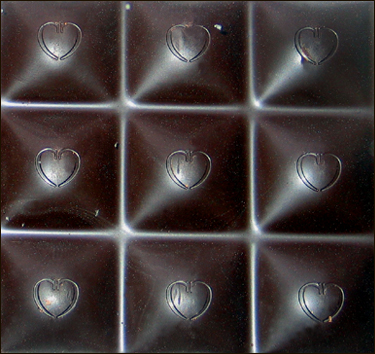
So how to expel softness without splitting? Was there some way of being soft and hard at the same time? Like a chocolate. Or a snail. Or an egg. Or an olive. Or a peach. But these were scarcely sentient things. I could hardly model myself on a chocolate. Then I noticed that I was passing Clint Eastwood’s house in Ladbroke Grove.
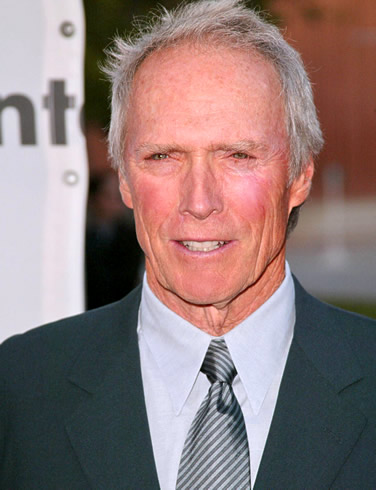
Despite his forbidding and often mean screen personas he seemed affable and approachable in real life. I realised, however, that this did not mean he would be pleased to meet a random passerby. I walked slowly past the house, glancing casually at the windows as I did so. I could see paintings on the wall of the living room.

I walked back past the house, not looking this time. Then I turned and walked back the other way. Not looking. I turned again and walked back. Then I turned, and walked, and then, after a short while, I turned again and walked back. Past the house. Not looking. I walked up and down. I walked up and down.

Then out came Lance Johnson, the young surfer from Coppola’s ‘Apocalypse Now’. He was played by Sam Bottoms. Sam died last year from a brain tumour, aged 53. Lance walked up the hill. I followed him. He walked north, through Edgware, Radlett, Frogmore.
I followed him. He walked and walked. He never paused. I kept following him.
